“練琴”是每位琴童和琴童家長們都逃避不掉的話題,相信也有很多家庭都經歷過“不練琴母慈子孝,一練琴雞飛狗跳”的名場面。也會有很多琴童不理解為什麼一定要堅持練琴。今天我們給大家總結了極為世界著名的音樂家每天的練琴時長,想必在看過他們的練琴時間以後,大家就會明白練琴的重要性了。
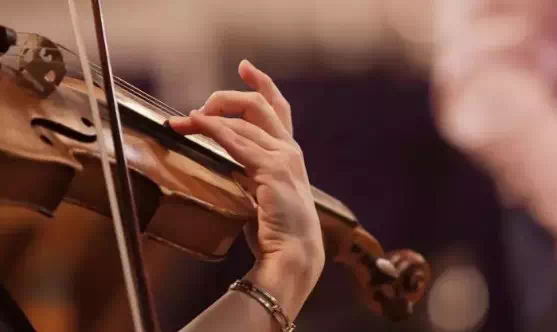
妮寇拉·本內德蒂: 每天3-7小時
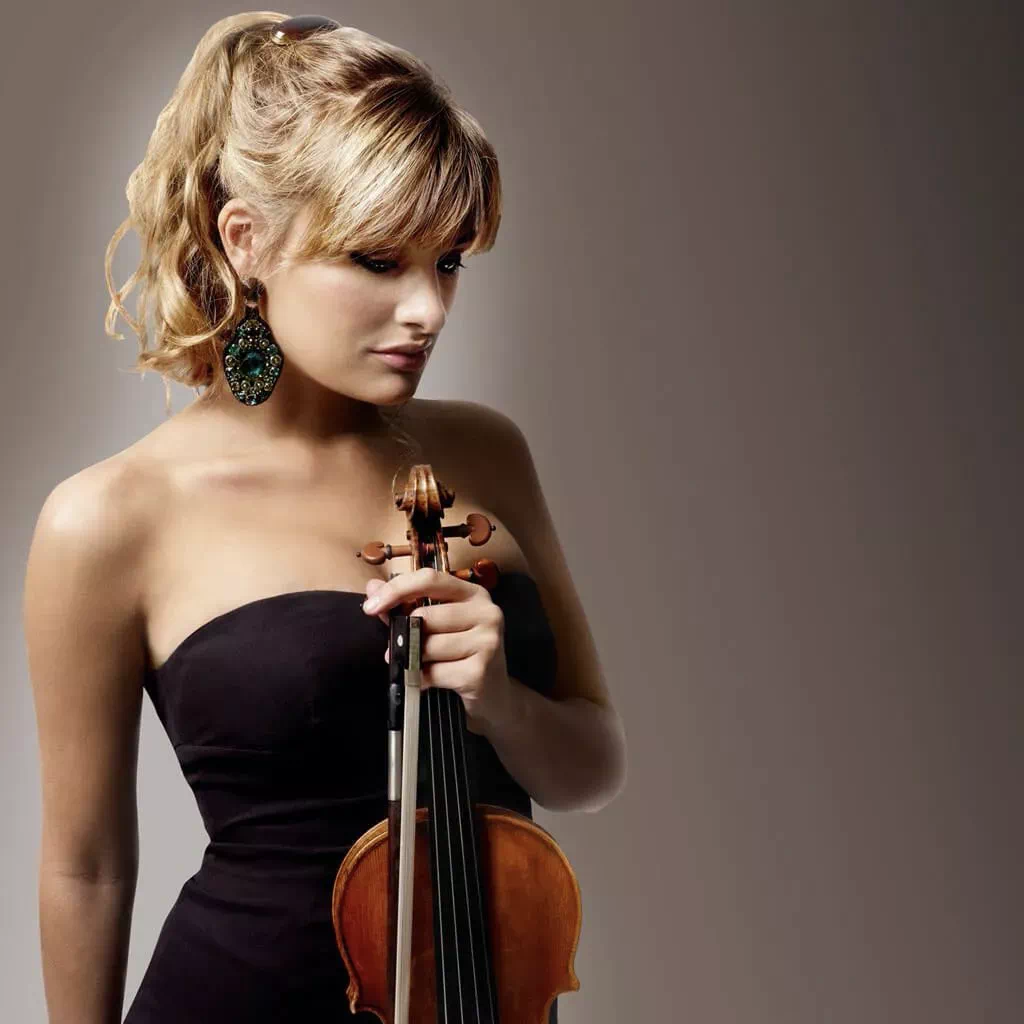
世界著名小提琴家,16歲獲得2004年BBC年度青年音樂家獎,如今一直活躍在國際舞台。
妮寇拉·本內德蒂(NicolaBenedetti)曾經分享過她的學琴經歷,她小時候經常因為練琴而錯過與朋友之間的聚會,但是她並不因此而遺憾。
她補充說,在暑假期間,“我們會在假期的早上練習兩到三個小時,並做一些基礎練習和樂理的練習。”
伊扎克·帕爾曼: 每天3小時
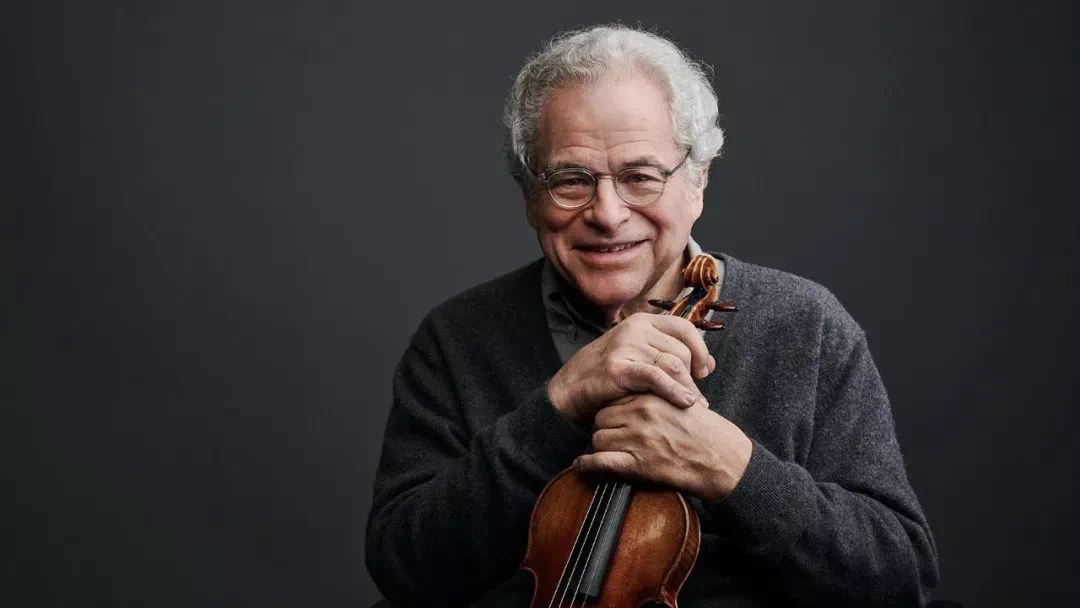
世界著名小提琴家,被稱為20世紀後期最出色的小提琴家之一,4歲時因患小兒麻痺症成為終身殘疾。但他自幼表現出對於音樂的喜愛,因此並未放棄對於音樂的學習,經常與世界著名樂團與音樂家合作,同時還會演奏電影配樂,他演奏的由約翰·威廉姆斯創作的電影辛德勒的名單的配樂,榮獲奧斯卡最佳電影音樂獎。
伊扎克 · 帕爾曼(Itzhak Perlman)在接受采訪時表示,在保證自己的身體狀況的情況下,每天三個小時對他來說“個人而言還不錯”。
馬友友: 一天3-6小時
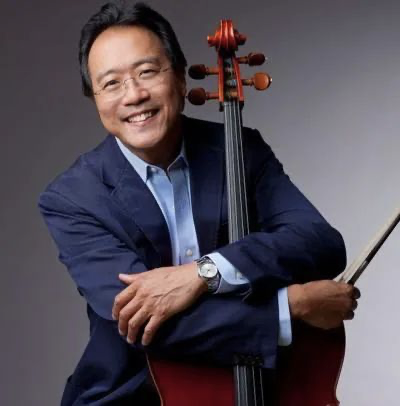
著名華裔大提琴演奏家,多次獲得格萊美獎。
經常活躍在各個舞台上的馬友友,練琴更是每天必做的事情。馬友友堅信馬爾科姆·格拉德威爾的“一萬小時定律”: 要想成為任何事情的專家,你需要投入10000個小時的練習。
郎朗: 每天2-8小時
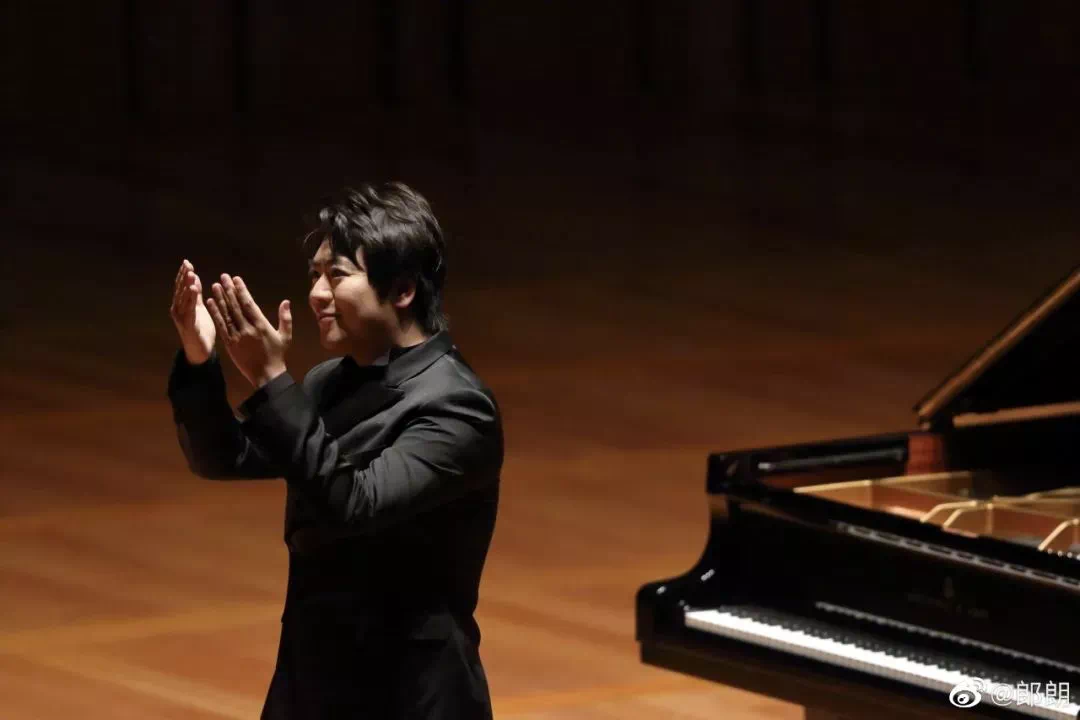
郎朗每天的練琴時間,每天至少兩個小時起步,無論多忙,他都會抽出兩個小時來練琴。長則七八個小時不等。
他說,“只要時間不太長,練習起來是很有啟發性的。八個小時可能並不能激勵人心。當然,我小時候就是這麼做的。現在我真的很享受這兩個小時。打開我的心,打開我的激情。也讓我平靜下來。有時候,你真的需要清醒一下頭腦,才能演奏慢節奏的樂曲,並保持安靜。”
莎拉.張:每天8小時
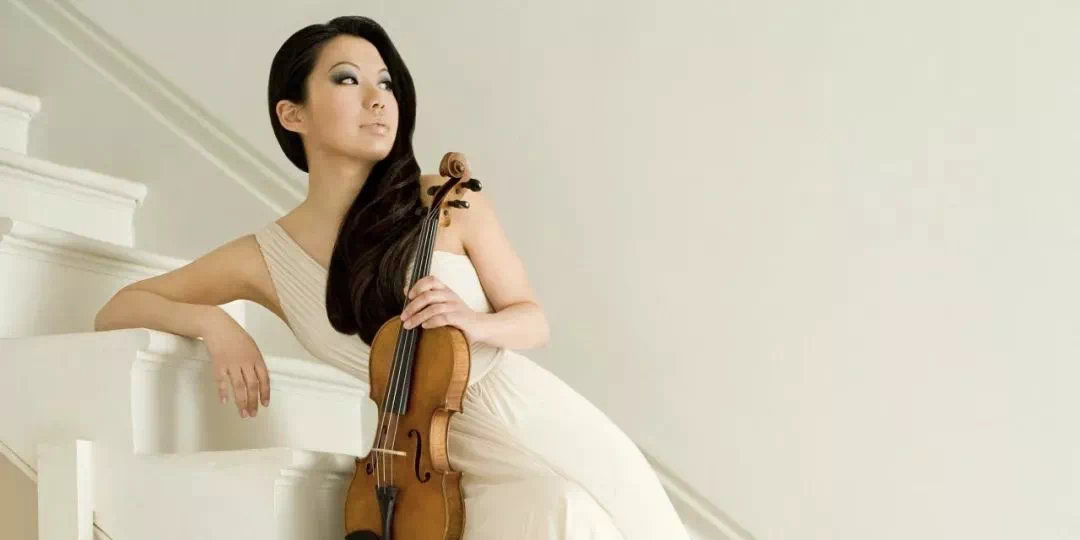
韓裔著名小提琴家,世界公認的音樂神童,世界多個著名音樂廳都有過她的演出足跡。而對於這個練習時間,莎拉·張(Sarah Chang)她也有自己的規劃。這八個小時並不是一下子就練下來的。 “如果我有很多曲目要學,我每天練習最多八個小時,”她說。 “但我從來不一次練習超過一個小時,我會先練習一個小時,然後吃點東西,再練習一個小時,看看電視,再練習一個小時,等等。”
葉甫格尼·基辛: 每天4小時
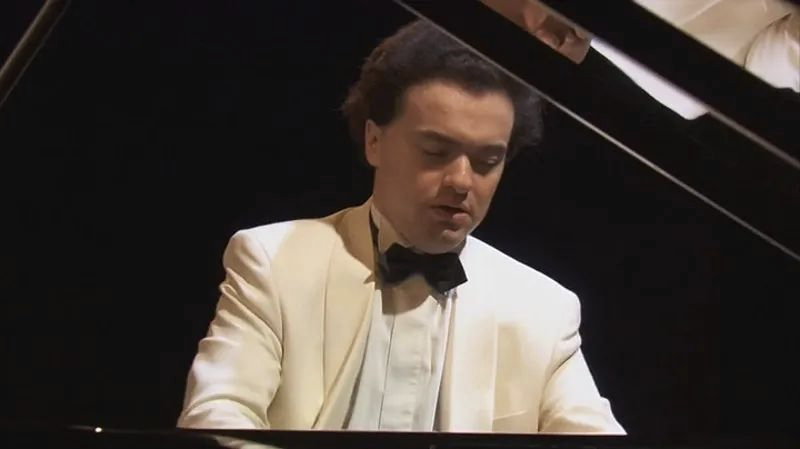
俄羅斯著名鋼琴家,被譽為“20世紀後半葉最驚人的鋼琴天才。 現在是音樂會鋼琴家的葉甫格尼·基辛(Evgeny Igorevich Kissin)六歲時,每天練琴不超過20分鐘。但是隨著他學琴的時間變長,學習的難度增大,他的練琴時間也不斷變長,現在的他,每天的練琴時間是4個小時。
不知道大家有沒有遇到過這種情況:一首曲子學會了以後,過了幾天沒有練習,就算是知道樂譜上面的每一個音是什麼,但是自己的手可能就跟不上了。這是為什麼呢?學琴的孩子們一定聽過這句話:“一天不練自己知道,兩天不練老師知道,三天不練觀眾知道。 ”這是因為,記住樂譜的是你的大腦記憶,而記住指法等技巧的,是肌肉記憶。 我國著名小提琴家呂思清就曾經說過:“練琴是需要保持一定頻率的,這樣才能夠保證手指的靈活度還有演奏狀態。 ”
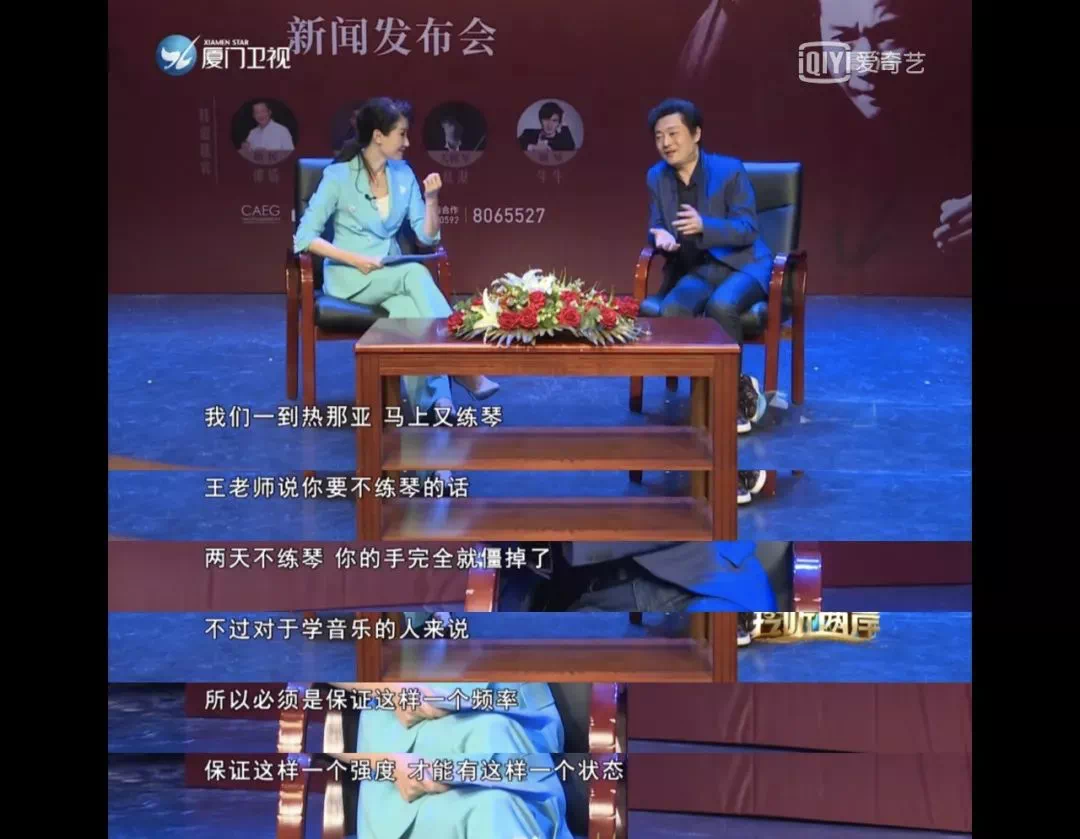 同時,音樂學習是無止境的,小的時候學的可能更多的是技巧,慢慢地就要去學習表演狀態和去理解樂曲感情了。 練琴跟其他的考試不一樣,臨時抱佛腳是無法達到效果的,而是需要長時間的日積月累。就像是今天為大家介紹的幾位藝術家一樣,如果沒有長時間堅持不懈的練習,他們也不可能取得如今的成就。 或許也會有人說,成為音樂家並不是自己的夢想,但是從決定學琴的那一刻開始,練琴已經成為了生活當中必不可少的事情。小的時候,或許覺得練琴是一件很苦的事情,但是就像是郎朗說的那樣,長大以後,或許曾經的“苦差事”對你來說,就變成了一種享受。 長大後的你,一定會感謝當初努力練琴的自己。
同時,音樂學習是無止境的,小的時候學的可能更多的是技巧,慢慢地就要去學習表演狀態和去理解樂曲感情了。 練琴跟其他的考試不一樣,臨時抱佛腳是無法達到效果的,而是需要長時間的日積月累。就像是今天為大家介紹的幾位藝術家一樣,如果沒有長時間堅持不懈的練習,他們也不可能取得如今的成就。 或許也會有人說,成為音樂家並不是自己的夢想,但是從決定學琴的那一刻開始,練琴已經成為了生活當中必不可少的事情。小的時候,或許覺得練琴是一件很苦的事情,但是就像是郎朗說的那樣,長大以後,或許曾經的“苦差事”對你來說,就變成了一種享受。 長大後的你,一定會感謝當初努力練琴的自己。
**************************************************************************************
English Version
"Practicing the piano" is a topic that every qin boy and parents of the qin boy can't escape. I believe that there are many families who have experienced the famous scene of "the mother who does not practice the piano is kind and filial, and the chickens fly like dogs when they practice the piano". There will also be many piano boys who don't understand why they must persist in practicing piano. Today we have summarized for you the daily piano practice hours of extremely world-renowned musicians. Presumably, after seeing their piano practice time, everyone will understand the importance of piano practice.
Nicola Benedetti: 3-7 hours a day
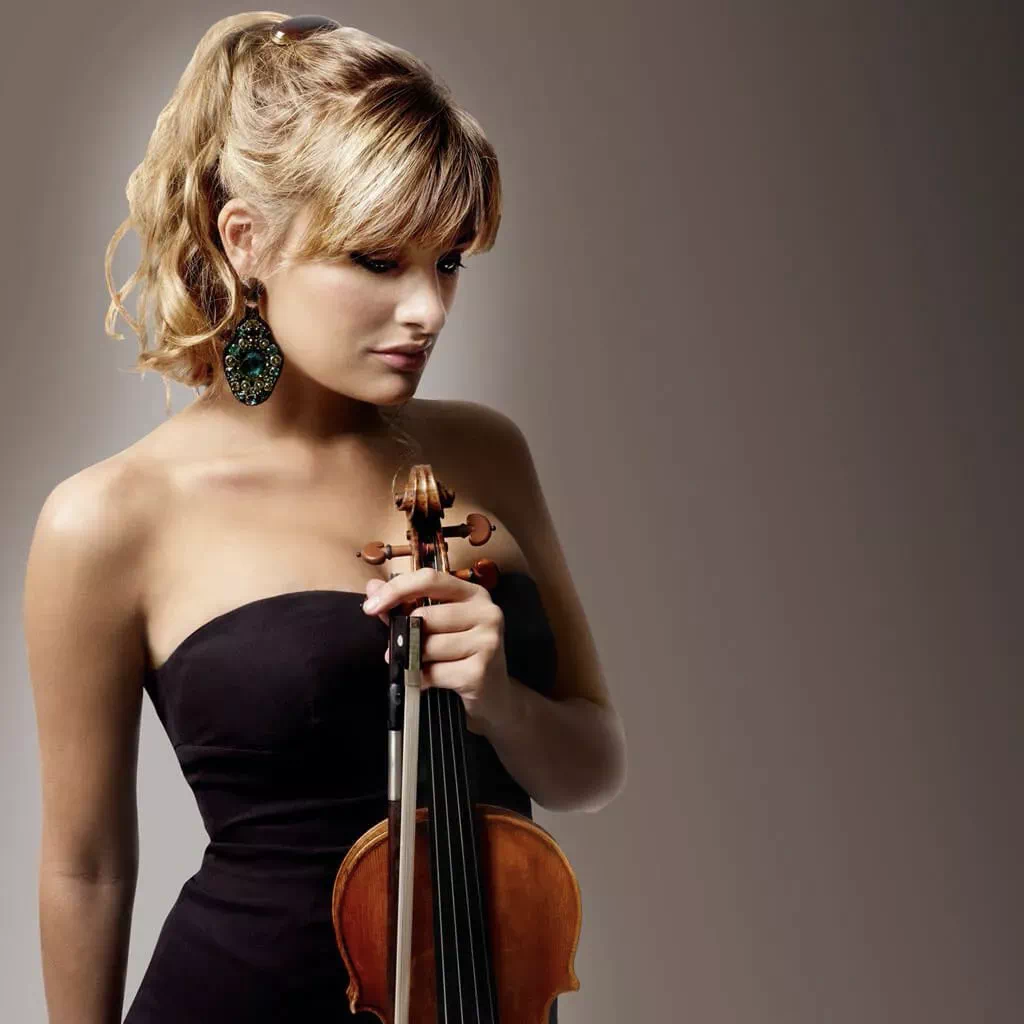
A world-renowned violinist, he won the 2004 BBC Young Musician of the Year Award at the age of 16 and has been active on the international stage.
Nicola Benedetti (Nicola Benedetti) once shared her experience of learning the piano. When she was a child, she often missed gatherings with friends because of piano practice, but she did not regret it.
the
During the summer, she added, "we'd practice for two to three hours in the morning of the holidays, and do some basic exercises and music theory."
Yitzhak Perlman: 3 hours a day
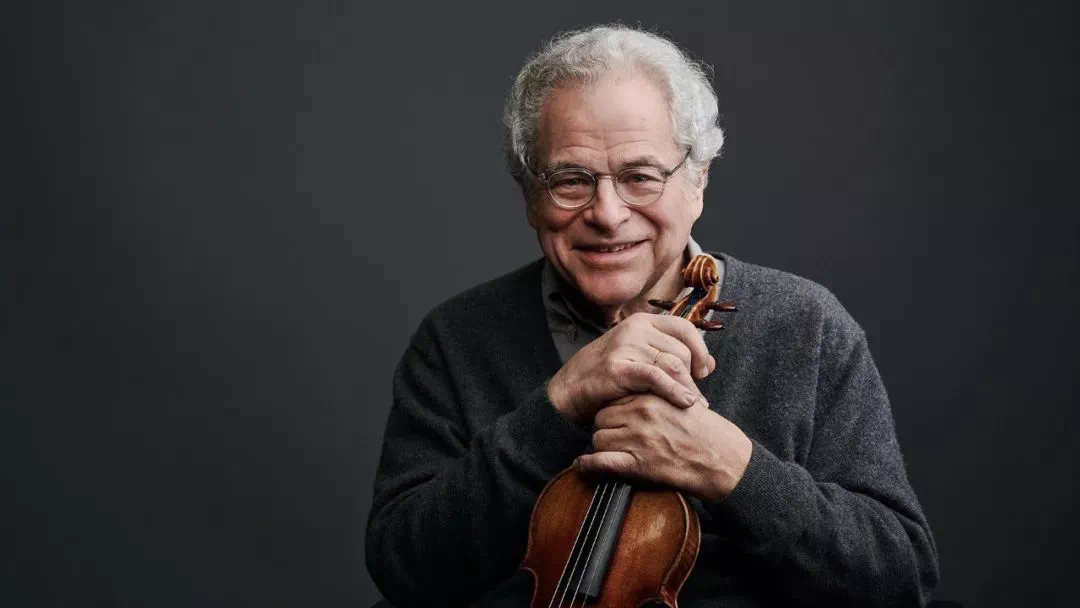
The world-renowned violinist, known as one of the best violinists in the late 20th century, suffered from polio and became permanently disabled at the age of 4. But he showed his love for music since he was a child, so he never gave up his study of music. He often cooperates with world-renowned orchestras and musicians, and also plays film soundtracks. He played the movie Sim composed by John Williams. The score for Dele's List, which won the Academy Award for Best Score for a Film.
Itzhak Perlman said in an interview that three hours a day is "not bad personally" for him while keeping his fitness in check.
Yo-Yo Ma: 3-6 hours a day
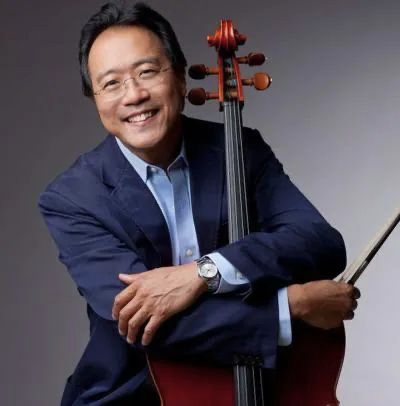
Famous Chinese cellist, has won many Grammy Awards.
Yo-Yo Ma, who is often active on various stages, practice piano is a must-do every day. Yo-Yo Ma is a firm believer in Malcolm Gladwell's "10,000-hour rule": To become an expert at anything, you need to put in 10,000 hours of practice.
Lang Lang: 2-8 hours a day
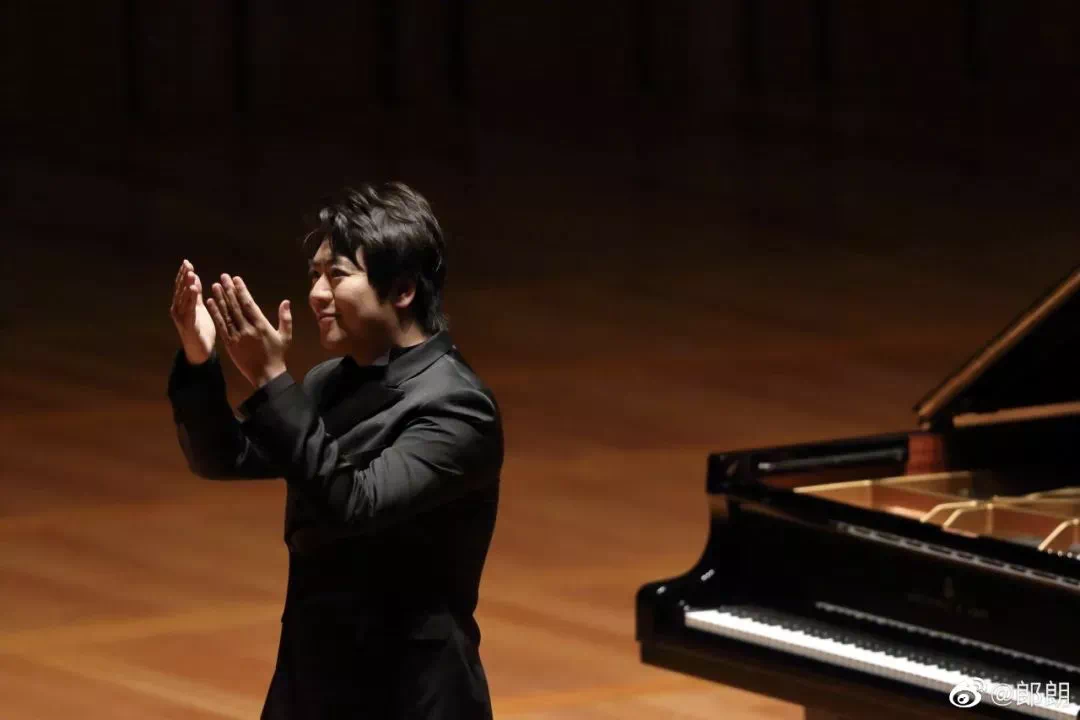
Lang Lang's daily piano practice time starts at least two hours a day. No matter how busy he is, he will spare two hours to practice piano. The length varies from seven to eight hours.
He said, "As long as it's not too long, it's very motivating to practice. Eight hours probably isn't motivating. Of course, that's what I did when I was a kid. Now I'm really enjoying those two hours. Open me up." Heart, open my passion. Also calms me down. Sometimes you really need to clear your head to play a slow piece and be quiet.”
A famous Korean violinist, a world-recognized music prodigy, has performed in many famous concert halls around the world. And for this practice time, Sarah Chang also has her own plan. These eight hours are not practiced all at once. "If I have a lot of pieces to learn, I practice up to eight hours a day," she said. "But I never practice for more than an hour at a time, I'll practice for an hour, then eat something, practice for another hour, watch TV, practice for another hour, etc."
Evgeny Kissin: 4 hours a day
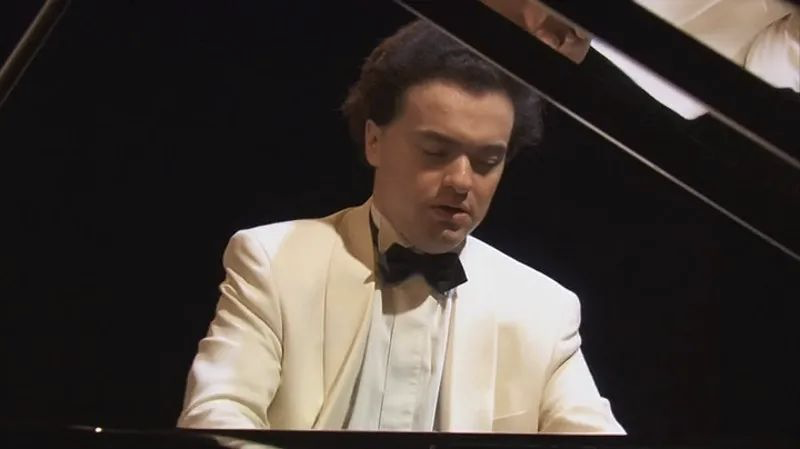
Famous Russian pianist, known as "the most amazing piano genius in the second half of the 20th century. Now concert pianist Evgeny Igorevich Kissin" When he was six years old, he practiced the piano for no more than 20 minutes a day. However, as the time for him to learn the piano became longer and the learning became more difficult, his time for practicing the piano continued to increase. Now he practiced the piano for 4 hours a day. I don’t know if you have ever encountered such a situation: After learning a piece of music, after a few days without practice, even if you know what each note on the score is, your hands may not be able to keep up Why? Children who learn piano must have heard this sentence: "If you don't practice for one day, you will know it. If you don't practice for two days, the teacher will know it. If you don't practice for three days, the audience will know it. "This is because it is your brain memory that memorizes music scores, and muscle memory that memorizes fingering and other skills. Lu Siqing, a famous violinist in my country, once said: "Practicing needs to maintain a certain frequency, so that you can Ensure the dexterity of the fingers and the playing state. "
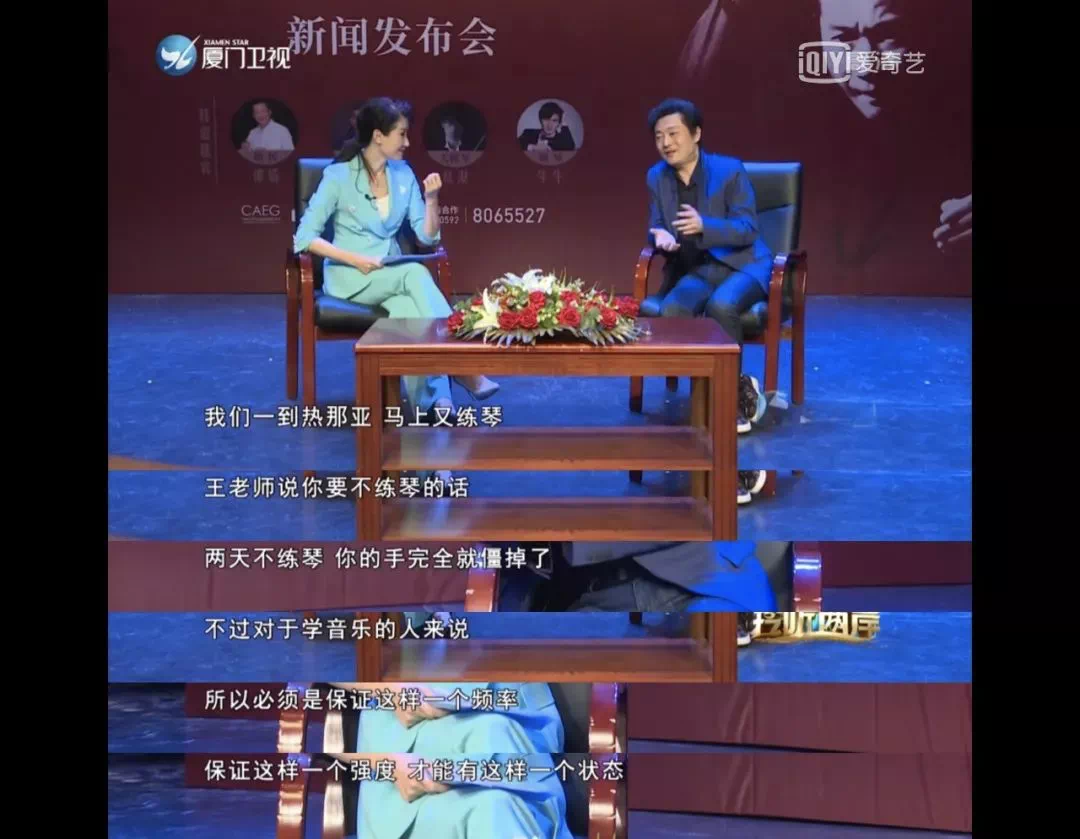
At the same time, music learning is endless. When I was young, I may learn more about skills, and slowly I have to learn the state of performance and understand the emotion of music. Practicing the piano is different from other exams. You can't achieve the effect by cramping your feet temporarily, but it takes a long time to accumulate. Just like the several artists introduced to you today, without long-term and persistent practice, they would not be able to achieve what they are today. Some people may also say that becoming a musician is not their dream, but from the moment they decide to learn piano, practicing piano has become an indispensable thing in life. When you were young, you might feel that practicing the piano is a very hard thing, but as Lang Lang said, when you grow up, maybe the "drudgery" you used to be becomes a kind of enjoyment for you. When you grow up, you will definitely thank yourself for practicing piano hard.














